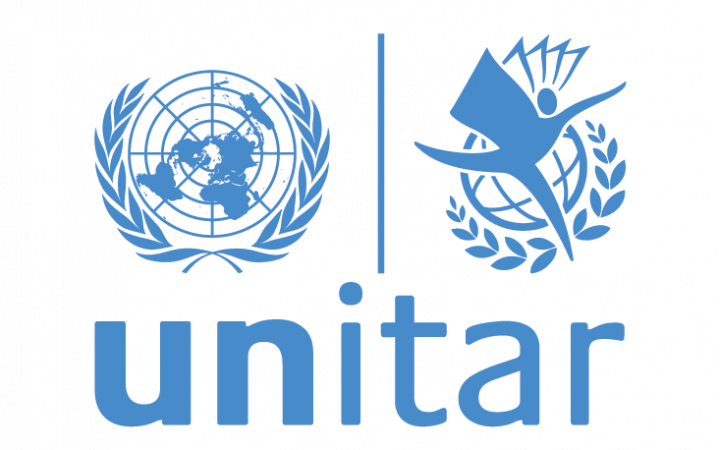Mental Health and Psychosocial Support Lessons
The full course includes
- Welcome
- What to expect from this course
- Tips for maximising your learning
- 1. Mental Health
- 2. Psychosocial well-being and psychosocial issues
- 3. Link between psychosocial and mental health issues and protective factors
- 4. Risk factors
- 1. Mental health and psychosocial challenges for the community in (post-)conflict settings
- 2. Mental health and psychosocial challenges for individuals in (post-)conflict settings
- 3. Frequent mental health risks for peacebuilders
- 4. Traumatic stress and trauma
- 5. Taking care of your mental health
- 1. The pyramid of multi-layered support
- 2. The Humanitarian Assistance Core Principles
- 3. Challenges for Peacebuilders
- 1. Promotion of mental health and prevention of mental illness
- 2. Characteristics of Effective Strategies
- 3. Sensitisation and Advocacy
- 4. Communication Tips for Interventions
- Call to action and conclusion
Follow the interactions on each screen or click the arrows to navigate between lesson slides.
Course author
UNITAR

The United Nations Institute for Training and Research (UNITAR) is a dedicated training arm of the United Nations system.
Mobile first training
Gamified experience
Course overview
Are you a leader for peace? Do you want to improve your ability to support the psychosocial and mental well-being of the communities you serve? This microlearning course will introduce you to the basics of psychosocial and mental well-being in post-conflict situations, introducing you to practical tools to promote and support the well-being of the community. Join us and learn how to create a more positive impact!
The full course includes
- Welcome
- What to expect from this course
- Tips for maximising your learning
- 1. Mental Health
- 2. Psychosocial well-being and psychosocial issues
- 3. Link between psychosocial and mental health issues and protective factors
- 4. Risk factors
- 1. Mental health and psychosocial challenges for the community in (post-)conflict settings
- 2. Mental health and psychosocial challenges for individuals in (post-)conflict settings
- 3. Frequent mental health risks for peacebuilders
- 4. Traumatic stress and trauma
- 5. Taking care of your mental health
- 1. The pyramid of multi-layered support
- 2. The Humanitarian Assistance Core Principles
- 3. Challenges for Peacebuilders
- 1. Promotion of mental health and prevention of mental illness
- 2. Characteristics of Effective Strategies
- 3. Sensitisation and Advocacy
- 4. Communication Tips for Interventions
- Call to action and conclusion
Course Rating
O
k
Good
Very good
